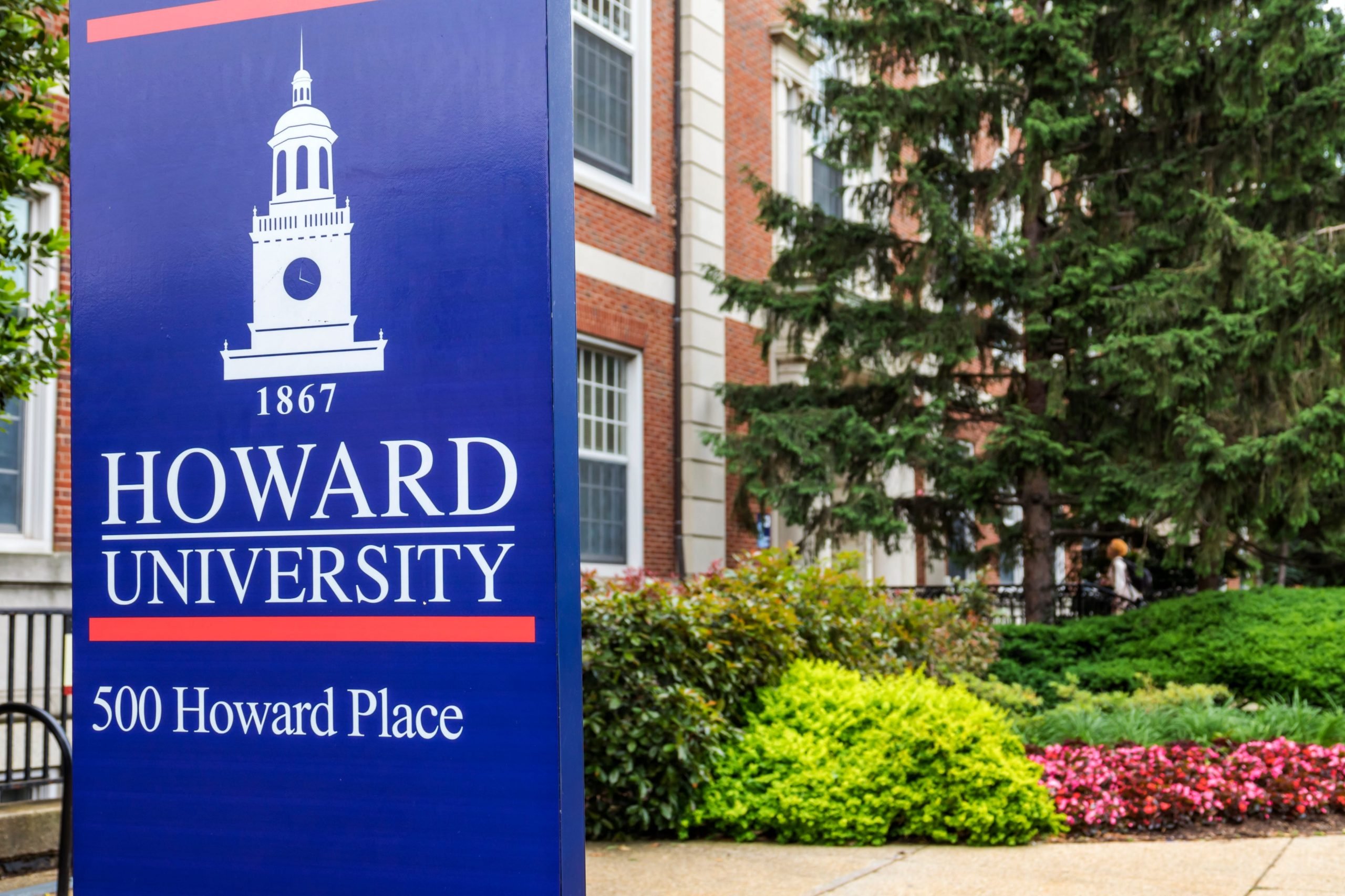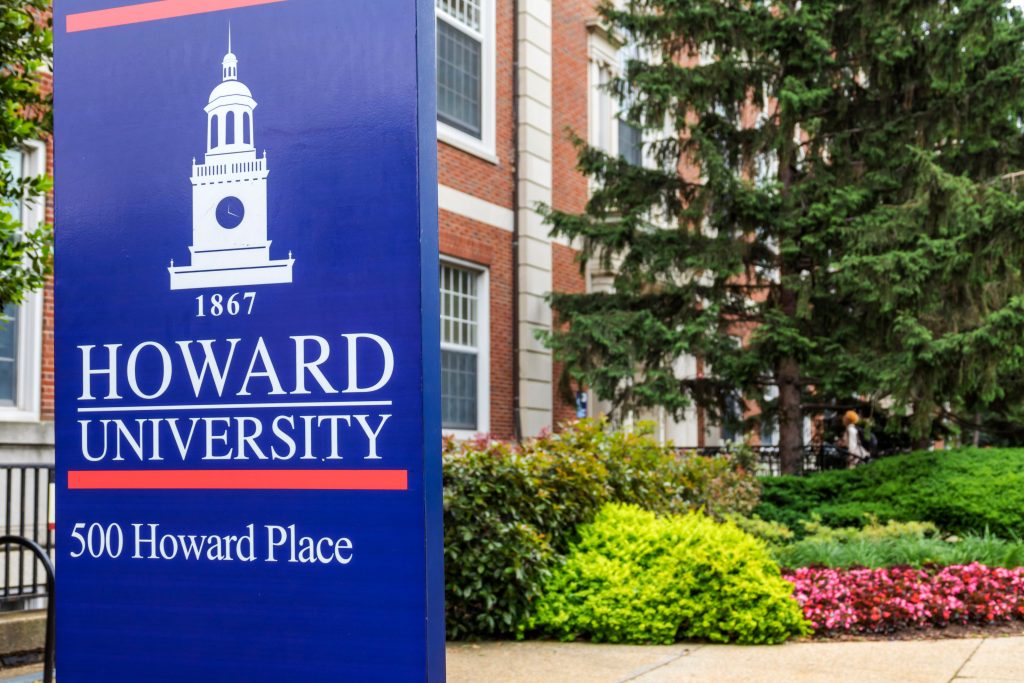
Jeffrey Greenberg/Universal Images Group via Getty Images
- Howard University students are protesting what they say are rising tuition costs and moldy dorms.
- The students are demanding changes to the school board and want to meet with the administration.
- Separately, Alcorn State students also demonstrated, demanding their president's resignation.
Howard University students began a sit-in Tuesday evening, demanding changes at the school, citing rising costs and the safety of university dorms.
Students say they're frustrated with the administration and began a sit-in at the Blackburn University Center, sleeping on couches and floors, WUSA reported.
The group highlighted four key demands, which it shared during the demonstration on Tuesday night:
- In-person town hall with President Frederick and the HU administration scheduled before the end of October.
- Commit (in writing) to authorizing the HUSA President and GSA Chair to have voting power on the Board of Trustees.
- Reinstate ALL Affiliate Trustee positions (students, faculty, and alumni) on the Board of Trustees.
- The President and Chairman of the Board propose a meeting with student leadership outlining their "Housing Plan" to protect the incoming classes of Howard's immediate future.
-Afeni 🔥 | #SaveSilwan (@ReddIsAri) October 13, 2021
In a Wednesday video posted on Twitter, Howard senior and the Live Movement founder, Aniyah Vines, accused the administration of violating the code of conduct.
-Anthony Tilghman (@AnthonyTilghman) October 13, 2021
"It says we are free from intimidation from administration," she said in the video pointing to a sign behind her. "They literally pulled a false fire alarm on us to get us out. They called the firefighters. They called MPD. They forcibly tried to push us out. We had to literally bar our arms together to not be moved. So I don't know how much more intimidating it can get."
Howard University refuted that claim in a statement on Twitter later Wednesday, saying, "The well-being of our students is always one of our top concerns and we will also support the right to a peaceful protest."
The statement from interim vice president of student affairs Cynthia Evers went on to allege "a small group interrupted the constructive dialogue" and "moved to occupy the building" during a town hall. She said some students would have to meet with the school's judicial affairs on possible code of conduct violations.
She also outlined steps the university has taken to alleviate the housing situation and encouraged students to reach out to various school offices for support.
-Howard University (@HowardU) October 13, 2021
In 2018, students at Howard conducted a nine-day protest, NPR previously reported. Back then, the students demanded action on the school's sexual-assault policy, food resources, and campus police carrying weapons.
Protests at other HBCUs
Howard University students are not the only ones attending historically Black colleges and universities who are holding demonstrations and making demands to their leadership.
At Alcorn State University, the oldest HBCU in the United States, students held demonstrations on the campus lawn in September demanding the resignation of university president, Felecia Nave.
The nonprofit news organization Mississippi Today spoke to students who said the university was no longer conducive for low income students.
-Aveian's Angle Photography & Cinematography LLC (@aveiansangle) September 30, 2021
One student told Mississippi Today it's tough to call things out at an HBCU because it reinforces certain stereotypes about Black colleges, but said they are being harmed by what is happening.
"It's almost like, 'What happens in this house stays in this house,'" the student told the news outlet. "But that can't really happen when what's happening in this house is hurting me."
Nave became president of Alcorn in 2019. Mississippi Today reported that she implemented policies in January 2020 that if class sizes didn't meet a minimum threshold they would be canceled and instructors would be expected to teach five courses instead of four per semester, without a bump in pay.
Students and faculty complained to Mississippi Today about spotty WiFi, outdated technology, and more work for faculty for the same pay.
After the demonstrations, Nave hosted a town hall to address questions and concerns from students and faculty.
She released a statement saying in part that the protests "deeply saddened" her, and she promised to be more visible on campus, "enhance student engagement," and "strengthen the technology infrastructure."
And Texas Southern University Law students had a peaceful gathering with administrators last month, voicing grievances about spotty WiFi, technology infrastructure, and other issues students are facing on campus, the Houston Chronicle reported.
